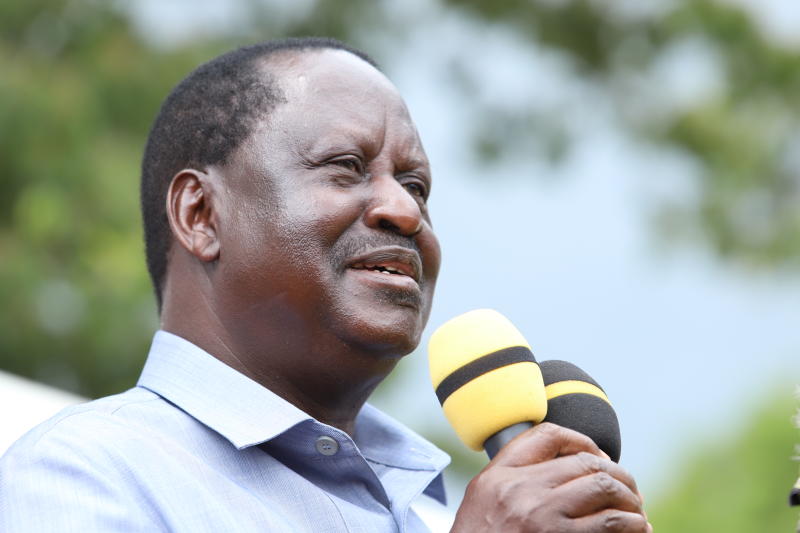×
The Standard e-Paper
Join Thousands Daily

Opposition leader Raila Odinga’s push for constitutional changes to move the country to a pure parliamentary system of government is unsettling Mt Kenya region, just when some of its leaders were warming up to him ahead of the 2022 General Election.
Raila has been gaining support in the region, especially after his handshake with President Uhuru Kenyatta, but his preferred system of governance is putting him in conflict with the region’s leaders who largely favour a presidential system of governance.